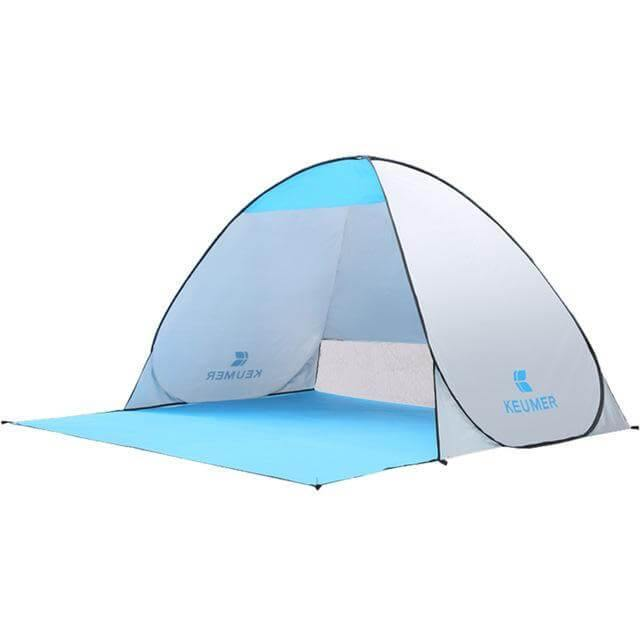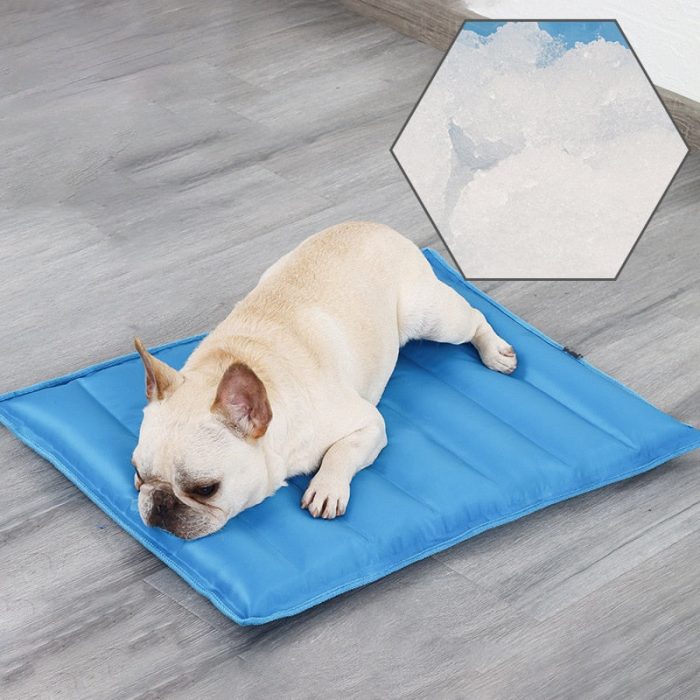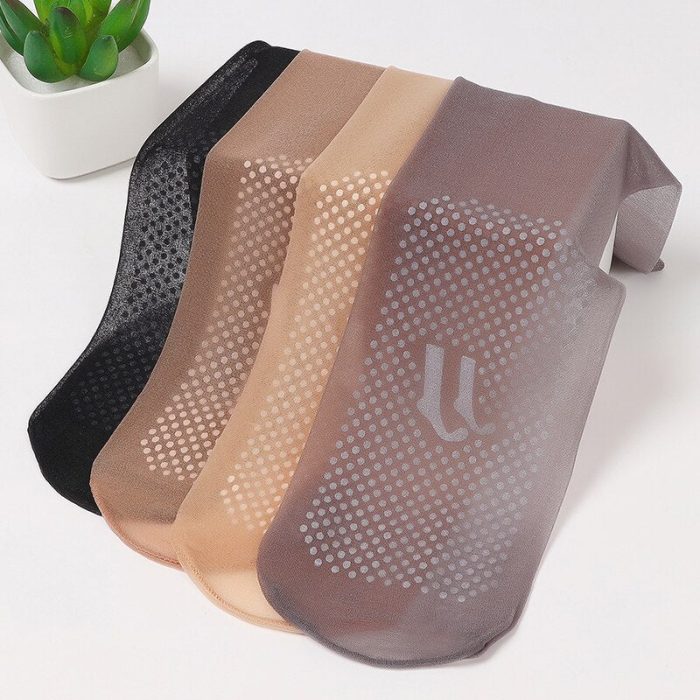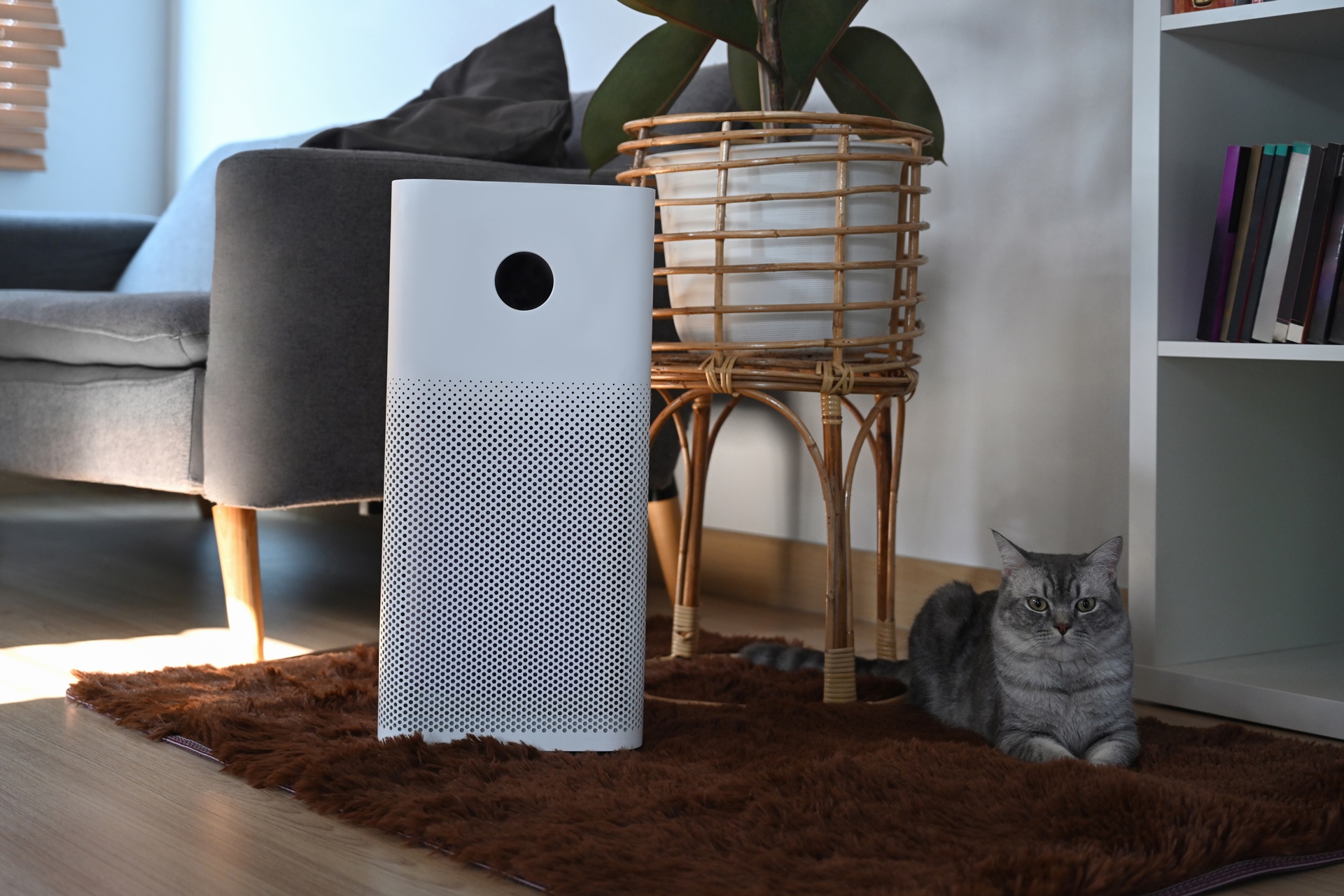Air purifiers have become increasingly popular as consumers become more conscious of the air quality in their homes and workplaces. The devices promise to remove pollutants from the air, reducing allergy symptoms and promoting a healthier living environment. However, you may be wondering, do air purifiers genuinely do what they claim? Let’s investigate.
Understanding Air Purifiers
Air purifiers are devices designed to cleanse the air in a room by removing impurities such as dust particles, allergens, and toxins. These devices work by drawing in air, filtering it through layers that trap harmful particles, and then circulating the cleaned air back into the room.
The Claims
Air purifier manufacturers often make claims such as being able to remove 99.9% of dust and allergens, improving air quality, and providing relief from allergies and asthma. Some devices are also said to remove odors, smoke, pet dander, and even bacteria and viruses.
The Reality
It’s true that air purifiers can filter out particles from the air, including allergens and dust. They can indeed help individuals who suffer from allergies, asthma, or other respiratory conditions by reducing the number of triggers in the air.
Research has shown that air purifiers can significantly reduce the amount of airborne pollutants in a room. According to a study published in the “Journal of Exposure Science & Environmental Epidemiology,” air purifiers can decrease the level of indoor particulate matter, including particles that can penetrate deep into our lungs and cause health problems.
When it comes to removing odors, smoke, pet dander, and bacteria, it really depends on the type of air purifier and its features. Devices with HEPA filters, for instance, are capable of trapping small particles like pet dander and dust mites. Models with activated carbon filters are effective in eliminating odors and smoke. Some air purifiers have UV-C light technology which can kill airborne viruses and bacteria. However, it’s important to note that not all air purifiers include these features.

Buy here: Automatic Easy Set up Outdoor Tent
What Air Purifiers Can’t Do
While air purifiers can remove particles from the air, they cannot remove all types of pollutants. For example, they are generally ineffective at removing gases, chemical fumes, or volatile organic compounds (VOCs) unless they are equipped with specific filters like activated carbon.
Moreover, air purifiers are not a standalone solution for allergies or asthma. While they can reduce airborne allergens, they can’t do anything about allergens on surfaces, like your furniture or carpet. They also can’t increase the amount of fresh air in your home – for that, you need proper ventilation.
The Verdict
So, do air purifiers genuinely do what they claim? The answer is yes, but with a caveat. They can indeed filter out many harmful pollutants from the air, which can help improve air quality and provide relief for those with respiratory conditions. However, their effectiveness depends on their specific features, and they’re not a catch-all solution for every air quality problem.
When considering an air purifier, it’s important to assess your needs and understand what an air purifier can and can’t do. Make sure to choose a model that’s appropriate for the size of your space and addresses your specific concerns, whether it’s dust, allergens, odors, or smoke. It’s also crucial to maintain your device properly and change the filters as recommended to ensure its effectiveness.







